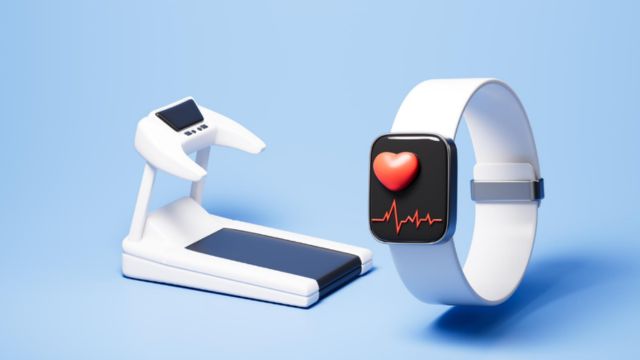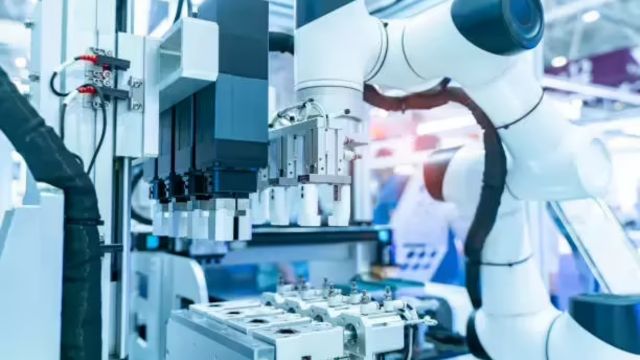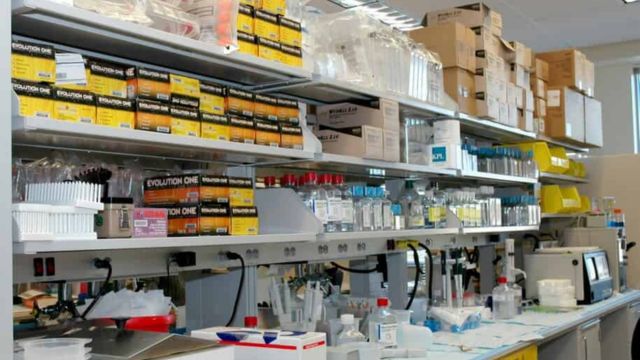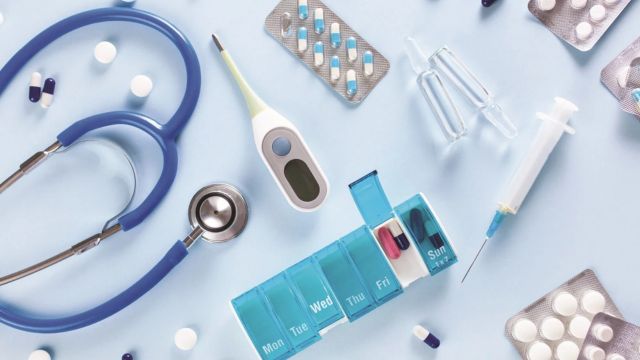Clinical engineering is very important in healthcare all over the world, but it is especially important in places where there aren’t many resources and access to important medical technologies is limited. Clinical engineers are experts that connect healthcare, technology, and engineering to make sure that medical equipment works properly and safely. In places where resources are limited, clinical engineering is very important for both keeping equipment in good shape and making healthcare better overall.
- What is Clinical Engineering?
Clinical engineering is a branch of engineering that deals with using engineering ideas and methods in healthcare. People who work in this sector are in charge of managing, maintaining, and improving medical equipment used in clinical settings. They make sure that medical devices are safe, effective, and reliable, which has a direct effect on patient care and safety.
In places with few resources, clinical engineers typically have to do a lot of different things, such keeping important life-saving gadgets in good working order and teaching local healthcare workers how to utilize the equipment correctly. It’s not enough to just know how to use medical technologies; you also need to know how to use them to get the best health results for patients, especially when resources are scarce.

- Clinical Engineering’s Role in Low-Resource Settings
Many poor countries’ hospitals and clinics have a hard time providing high-quality care because they don’t have enough medical infrastructure, trustworthy medical equipment, or skilled healthcare workers. Clinical engineering is very important for solving these problems in several ways:
a. Equipment Maintenance and Longevity
One of the key jobs of clinical engineers is to make sure that medical equipment keeps working for a long time. In places with few resources, when new equipment is hard to come by, it is very important to retain old equipment in good operating order. Clinical engineers learn how to fix, keep up, and refurbish equipment including ventilators, diagnostic devices, and infusion pumps. These are frequently the most important pieces of equipment in healthcare settings that don’t have enough resources.
The cost of purchasing new equipment is prohibitive for many healthcare facilities in these settings, so clinical engineers play an essential role in maximizing the lifespan of medical devices. Their expertise in preventative maintenance helps avoid costly breakdowns and ensures that equipment is available when needed most.
b. Training and Capacity Building
Clinical engineers also play a big part in increasing capacity, especially when it comes to teaching healthcare workers how to utilize medical equipment correctly. In many places with few resources, the shortage of competent workers makes it hard to provide good healthcare. Clinical engineers come in to teach and train local medical professionals how to safely use and care for equipment, as well as how to fix common problems.
Not only does training local healthcare professionals make medical devices work better and more efficiently, but it also gives them the skills they need to fix minor problems and breakdowns on their own, which means they don’t have to rely on outside experts as much and can keep providing care in rural or remote areas.
c. Improving Access to Healthcare
By making it easier to utilize medical equipment in underserved areas, clinical engineering helps people get better access to healthcare. For example, engineers might try to make equipment that is cheaper, easier to get to, or more flexible in places with few resources. Clinical engineers might also help set up low-cost, long-lasting gadgets that can work in places with little electricity or bad weather. This way, healthcare providers can always get to important diagnostic instruments, even in the most remote locales.
Clinical engineers assist make healthcare more accessible to people who would otherwise not have access to it by modifying technologies to meet the specific needs of low-resource settings.
d. Supporting Global Health Initiatives
Clinical engineering is an important part of global health efforts to improve healthcare outcomes in places with few resources. Clinical engineers are very important to the success and long-term success of medical programs run by several international organizations, such as the World Health Organization (WHO) and non-governmental organizations (NGOs). Clinical engineers help by figuring out what healthcare needs are in a certain area, putting in place the right technology solutions, and making sure that medical devices used in global health projects work properly.
Clinical engineers help solve public health problems by working with groups that are working on big health projects. They do this by sending the right equipment and helping local healthcare systems in areas where resources are limited.
- Challenges Faced by Clinical Engineers in Low-Resource Settings
There are big problems with clinical engineering in low-resource areas, even yet it has a big effect on healthcare. Clinical engineers face a number of big problems, including
Limited Access to Spare Parts and Tools: Clinical engineers in many low-resource countries typically have a hard time finding the parts and tools they need to fix or keep medical devices working. This is made worse by problems in the supply chain, which means that important equipment has to stay down for longer.
Not enough training and resources: Many clinical engineers in these areas don’t have easy access to ongoing education and professional development, which might make it hard for them to stay up with new technology and developments in their field.
Not Enough Money: In locations with few resources, healthcare funding is generally very low, including the medical equipment needed to keep therapy going. Clinical engineers may have to deal with limited funds, which means they have to be creative and focus on the most important issues.
Conclusion
Clinical engineering has a huge effect on global health programs in places with few resources. Clinical engineers not only make sure that medical equipment works safely, but they also help it last longer, train local workers, and help healthcare professionals adjust to the needs of the area. Clinical engineers use their knowledge and skills to help solve some of the biggest problems in global healthcare and make a big difference in the care of patients in areas who don’t get enough of it.
Pandemics, chronic diseases, and lack of resources are just a few of the health problems that the globe is still dealing with. Clinical engineers will continue to be an important part in providing healthcare in places with few resources. Their work is not only important, but also necessary to make healthcare fairer and easier for everyone to get.
We at JandJ Supplies think that technology can make healthcare better. Keep up with the newest developments and ideas in medical supply and clinical engineering. Sign up for our newsletter to get news and information about how clinical engineering is changing health programs around the world in places with few resources. Get involved in the debate and stay up to date on the latest in healthcare.
FAQ
What is the role of clinical engineering in healthcare?
Clinical engineering involves maintaining, managing, and improving medical equipment to ensure it functions safely and effectively. In healthcare, clinical engineers ensure that devices like ventilators, diagnostic machines, and infusion pumps work optimally to improve patient outcomes.
How do clinical engineers contribute to low-resource settings?
In low-resource settings, clinical engineers maintain and repair critical medical equipment, train local healthcare professionals, and adapt technologies to fit local needs, thereby improving access to quality care.
What are the main challenges faced by clinical engineers in low-resource settings?
Challenges include limited access to spare parts, lack of advanced training, insufficient funding, and difficulties in acquiring the right tools and equipment for repairs and maintenance.
Why is clinical engineering important for global health initiatives?
Clinical engineers play a crucial role in supporting global health programs by ensuring medical equipment is functional, affordable, and accessible in underserved regions, thereby contributing to the success of global health projects.








